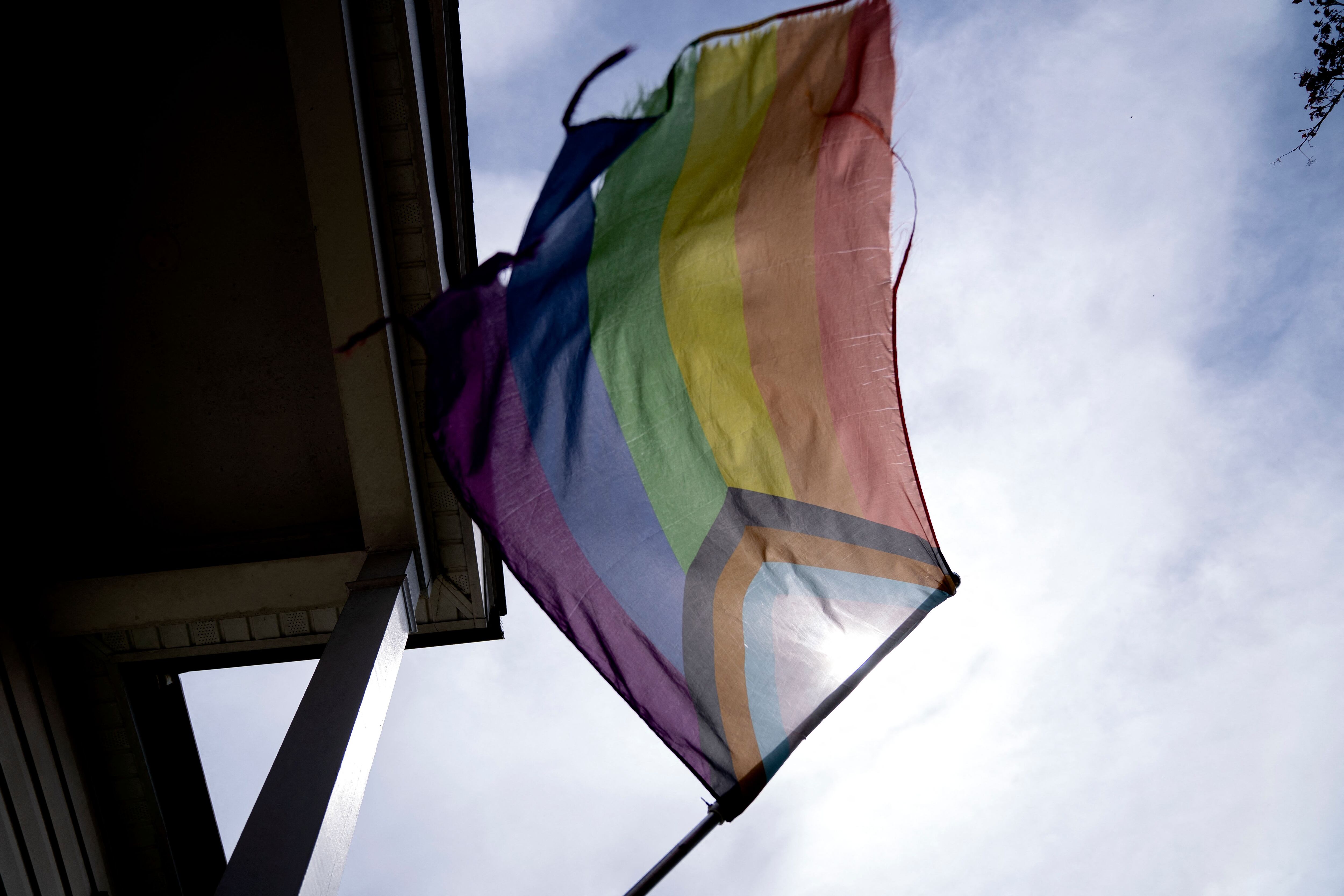Three Democrats on the Colorado State Board of Education won’t vote for a long-awaited update to state social studies standards if LGBTQ people are excluded, they said at a Tuesday meeting.
The seven-member State Board plans to take until the end of the year to finalize the update after the board has been inundated with conflicting public comment from parents, teachers, school administrators, and advocates.
Among the most contentious issues is whether to include at all grade levels references to gay, lesbian, and transgender people. The committee charged with making recommendations removed all references below the fourth grade in response to backlash from both conservative parents and school administrators worried about local community reaction.
While Board Chair Angelika Schroeder said the State Board needs to find a way to assuage those concerns, the three other Democrats were adamant the references be restored.
“I want them back in,” said board member Rebecca McClellan, a Littleton Democrat. “It is inappropriate to single out one discriminated-against group from the standards. It gives the impression they should not exist, and that’s harmful, not just to LGBTQ students but to all students.”
“We have to be bold in supporting our LGBTQ students just as we are bold in supporting all our students,” said board member Lisa Escárcega, a Denver Democrat. “We must provide a safe and accepting environment, and we do that by empowering teachers with the tools and the resources to teach to inclusive standards.
“I will not vote for standards that don’t include references to LGBTQ students at all grade levels.”
But board member Steve Durham, a Colorado Springs Republican, said the state risks a parent revolt if it adopts social studies standards that mention LGBTQ issues in younger grades, a topic he conflated with teaching about sex.
“There is no reason to inflame the divisions, and leaving these discussions of sex out of the classroom does not inflame those divisions,” he said. “The discussion of sex is more appropriate at an older age.”
Colorado is debating its new social studies standards at a time when teaching about history, race, gender, and sexuality has come under intense attack around the country. The debate looks different here both because of the state’s political makeup and because of its system of local control.
In contrast to states where Republicans have restricted teaching about certain topics, the Democrats who control Colorado government have pushed for more inclusive teaching practices. But the state is politically diverse, and those efforts face resistance in many conservative communities.
At the same time, Colorado doesn’t have a state-mandated curriculum or textbooks. Standards set the goals for what students should know at each grade level, but school districts have broad discretion to determine what gets taught locally.
This update to the social studies standards was supposed to be a minor revision that incorporated legislation passed in recent years calling for teaching about the Holocaust and other genocides, enhanced civics requirements, and financial literacy. Most of the disagreement deals with a 2019 law that required social studies lessons to include the contributions and experiences of LGBTQ Americans and those from diverse racial, ethnic, and religious groups.
A special commission met for two years to make recommendations, which were incorporated into draft standards released in November.
The revised standards suggest, for example, that first grade students should be able to identify and explain the relevance of notable civic leaders “from different community groups including, but not limited to, African American, Latino, Asian American, Indigenous Peoples, LGBTQ, and religious minorities.”
An inquiry question for fourth grade civics asks: “Why do some groups, such as African Americans, Asian Americans, Indigenous Peoples, Latinos, LGBTQ, and religious minorities, feel like their voices are not being heard?”
The State Board of Education originally expected to approve those standards this spring, but the timeline has been pushed back repeatedly due to the massive volume of public feedback.
Mirroring national debates, critics also have said the standards paint American history in too negative a light and constitute the teaching of critical race theory, an analysis usually taught at the graduate school level that looks at how race has shaped law and policy.
But many commenters have praised the standards for expanding who is included in American history. Department of Education staff actually logged more positive feedback than negative, and more than a thousand negative comments came from a single person.
Schroeder, a Boulder Democrat, said the issue was not as simple as restoring the recommended language. Because the standards aren’t curriculum, it’s hard to show what they’ll look like in practice in Colorado classrooms.
“Right now, it is way too scary a topic for parents of young children,” she said. “They believe we are going to teach children about sex. That is not the case.”
Supporters of including LGBTQ people in the standards said early elementary lessons might look like understanding that some children have a mom and a dad while others have two moms or that trucks aren’t just for boys and dolls aren’t just for girls or knowing that gay people fought for their civil rights like other groups.
State Board of Ed members and the public will be talking about the issue for months. A revised timeline calls for five to six additional meetings on different aspects of the changes, with a final vote in November or December.
Bureau Chief Erica Meltzer covers education policy and politics and oversees Chalkbeat Colorado’s education coverage. Contact Erica at emeltzer@chalkbeat.org.






